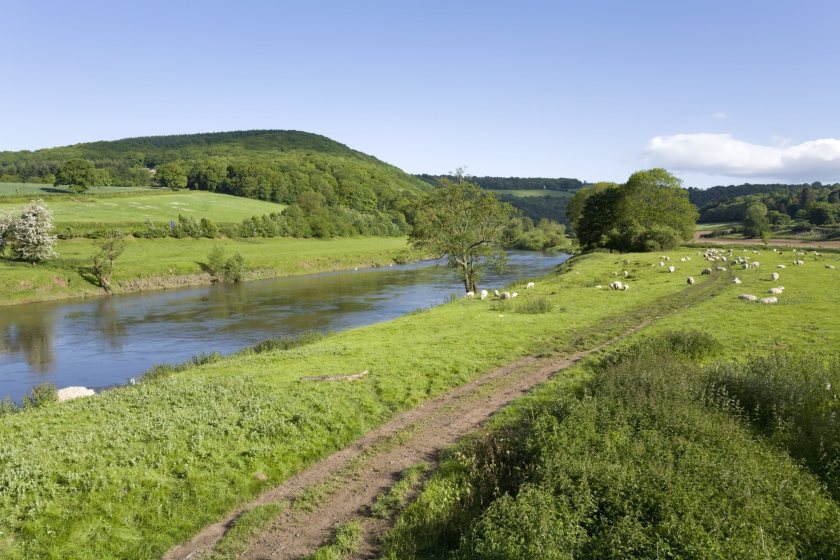
Farmers could soon be reimbursed for creating water storage ponds or water “batteries” as part of an innovative drought-prevention project.
With droughts affecting the UK last summer, the project aims to help farms manage water demand through dry weather, as well as boost aquatic biodiversity.
The initiative will work with farmers to create stores of water – both in soil “sponges” as well as lakes and ponds - that can be “re-charged” through wet weather.
This is then drawn on through ever-more common dry seasons, to the benefit of either the farmers themselves or local communities.
These water “batteries” could form the basis of a smart water grid, improving the resilience of the water supply in the wake of climate change.
This in the same way solar batteries in homes store excess electricity that can be sold back to the National Grid.
The project is one of 16 solutions being awarded a share of £40m today (16 May) in water regulator Ofwat's competition – the Water Breakthrough Challenge.
David Black, CEO of Ofwat said: “The water sector has faced mounting pressure over systemic challenges related to the environment and society, while the climate around us continues to drastically change shape.
"That’s why we’re funding ground-breaking innovations with potential to help us save and reuse water and wastewater products, while supporting wider society.”
Dr Laurence Couldrick, CEO of Westcountry Rivers Trust, said the creation of additional on-demand storage had "even more potential" in boosting the environment.
"Just like we might use a battery to capture solar power, and either use it ourselves or sell it back into the grid as needed, trapping and maintaining additional supplies of water on farms truly has potential to combat the effects of drought."
The competition is also recognising a solution that adapts ground-stability monitoring technology to tackle leakage – a challenge which currently equates to the loss of over three billion litres of water a day.
The project will use the existing network of fibre-optic cables, like those that host broadband, to report on minute changes in vibration patterns.
This process, which is already used to monitor ground stability as part of the rail network, can also indicate even the smallest loss of water to catch leaks early.
Competition winners also include the creation of the UK’s first ever full-scale carbon-neutral wastewater works.
